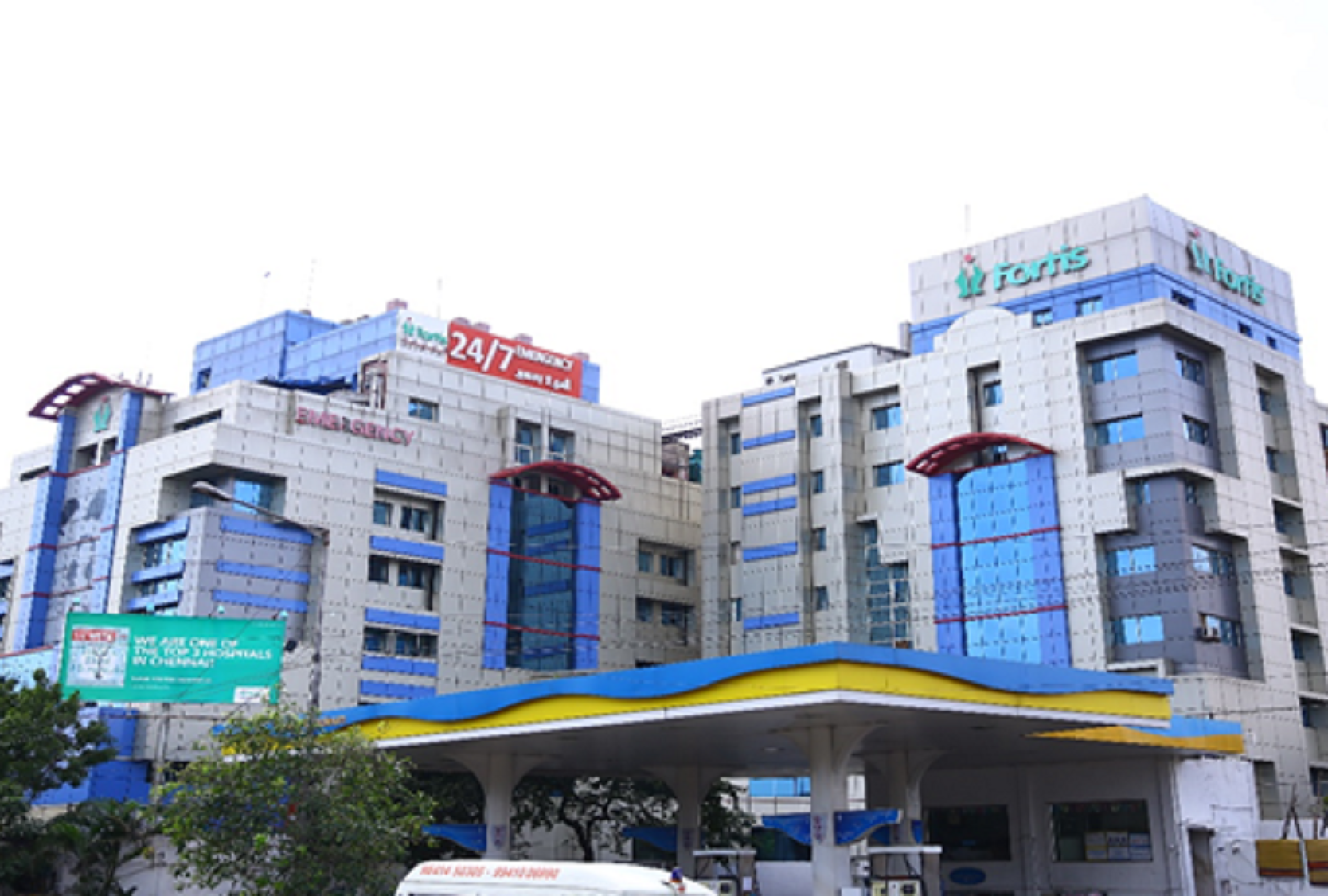Cataract Surgery at best of Hospitals and Wellness centres in United Arab Emirates, India, Kenya, Rwanda, Turkey, France, Sri Lanka, Morocco, Tunisia, Iran, and Thailand
Displaying 20 - 25 out of 92 Hospitals and Wellness centres
Overview on Cataract Surgery
This is a procedure where the lens in one’s eye that has become cloudy (cataract) is removed and replaced with an artificial Len (called IOL or intraocular Len). Cataract is a condition that leads to loss of vision by clouding of one’s natural eye Len that lies behind the pupil and iris. It is performed by an ophthalmologist.
Filter by Procedure
- Ophthalmology
-
Cataract Surgery (93)
-
Detached Retina Treatment (76)
-
Eyelid Surgery (74)
-
Age-Related Macular Degeneration (AMD) Treatment (61)
-
Cornea Transplant (67)
-
Artificial Iris Implantation (45)
-
Amniotic Membrane Transplant (49)
-
Chalazion Treatment (49)
-
Astigmatism Correction (54)
-
Vitrectomy (Retinal Detachment Repair) (53)
-
Ptosis (lazy eye) (49)
-
Retinoblastoma (48)
-
Strabismus (ocular misalignment) (49)
-
Glaucoma (55)
-
Lasik Surgery for both eyes (30)
Centre For Sight Hospital, Delhi, India
Banjara Hills, Hyderabd, India
Brief about Hospital
- India's Leading Eye Hospital Eye Care Specialities
- 142 Qualified Doctors
- 47 Centers across 32 cities
Aster Speciality Hospital Wayanad
Naseera Nagar , Meppadi, Kalpetta, Wayanad, Kerala
Brief about Hospital
- Cardiology | Orthopedics | Knee replacement | Hip replacement | Bariatric Surgery | Plastic Surgery
Private Eskisehir Anadolu Hospital, Turkey
Cyprus Martyrs Street No: 55 Odunpazarı Eskisehir / Turkey
Brief about Hospital
- 15 Delivery Room
- 15 Intensive Care Unit
- 6 Emergency Room Beds
Metropolitan Hospital, Nairobi, Kenya
Rabai Road, Buruburu, Nairobi, Kenya
Brief about Hospital
- We are a community owned hospital with over 500 shareholders
- We are the largest, most equipped hospital in Eastlands
- We have over 100 contracted medical consultants who can provide the benefit of personal service within an enabling and supportive infrastructure.
Fortis Malar Hospital, Chennai
Fortis Malar Hospital, No. 52, 1st Main Road, Gandhi Nagar, Adyar, Chennai 600 020
Brief about Hospital
- More than 160 consultants and 650 employees to manage over 11,000 in-patients
- Performed India’s Youngest Paediatric Heart Transplant
- 180 beds including about 60 ICU beds, 4 Operation theaters, state-of-the-art digital flat panel Cath lab, an ultra-modern dialysis unit besides a host of other world-class facilities
More about Cataract Surgery
Overview
Cataract surgery is a procedure to remove the lens of your eye and, in most cases, replace it with an artificial lens. Normally, the lens of your eye is clear. A cataract causes the lens to become cloudy, which eventually affects your vision.
In cataract surgery, the lens inside your eye that has become cloudy is removed and replaced with an artificial lens (called an intraocular lens, or IOL) to restore clear vision.
The procedure typically is performed on an outpatient basis and does not require an overnight stay in a hospital or other care facility.
Procedure
Most modern cataract procedures involve the use of a high-frequency ultrasound device that breaks up the cloudy lens into small pieces, which are then gently removed from the eye with suction. This procedure, called phacoemulsification or "phaco," can be performed with smaller incisions than previous surgical techniques for cataract removal, promoting faster healing and reducing the risk of cataract surgery complications, such as a retinal detachment.
After all remnants of the cloudy lens have been removed from your eye, the cataract surgeon inserts a clear intraocular lens, positioning it securely behind the iris and pupil, in the same location your natural lens occupied. (In special cases, an IOL might be placed in front of the iris and pupil, but this is less common.)
The surgeon then completes the cataract removal and IOL implantation procedure by closing the incision in your eye (a stitch may or may not be needed), and a protective shield is placed over the eye to keep it safe in the early stages of your cataract surgery recovery.
Cataract Surgery Recovery
You will have to use eye drops after surgery. Be sure to follow your doctor’s directions for using these drops.
Avoid getting soap or water directly in the eye.
Do not rub or press on your eye. Your ophthalmologist may ask you to wear eyeglasses or a shield to protect your eye.
You will need to wear a protective eye shield when you sleep.
Your ophthalmologist will talk with you about how active you can be soon after surgery. He or she will tell you when you can safely exercise, drive or do other activities again.
Results
Cataract surgery successfully restores vision in the majority of people who have the procedure.
People who've had cataract surgery may develop a secondary cataract. The medical term for this common complication is known as posterior capsule opacification (PCO). This happens when the back of the lens capsule — the part of the lens that wasn't removed during surgery and that now supports the lens implant — becomes cloudy and impairs your vision.
PCO is treated with a painless, five-minute outpatient procedure called yttrium-aluminum-garnet (YAG) laser capsulotomy. In YAG laser capsulotomy, a laser beam is used to make a small opening in the clouded capsule to provide a clear path through which the light can pass.
After the procedure, you usually stay in the doctor's office for about an hour to make sure your eye pressure doesn't rise. Other complications are rare but can include increased eye pressure and retinal detachment.




